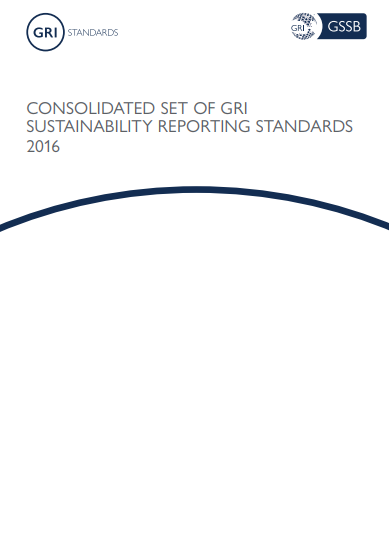This Standard, issued by the Global Sustainability Standards Board (GSSB), contains the set of 36 GRI Sustainability Reporting Standards and the GRI Standards Glossary published in 2016. The full content of each Standard has been incorporated, including the original formatting and page numbering.
GRI 101: Foundation applies to any organization that wants to use the GRI Standards to report about its economic, environmental, and/or social impacts. Therefore, this Standard is applicable to:
- an organization that intends to prepare a sustainability report in accordance with the GRI Standards; or
- an organization that intends to use selected GRI Standards, or parts of their content, to report on impacts related to specific economic, social, and/or environmental topics (e.g., to report on emissions only).
GRI 101 can be used by an organization of any size, type, sector, or geographic location.

